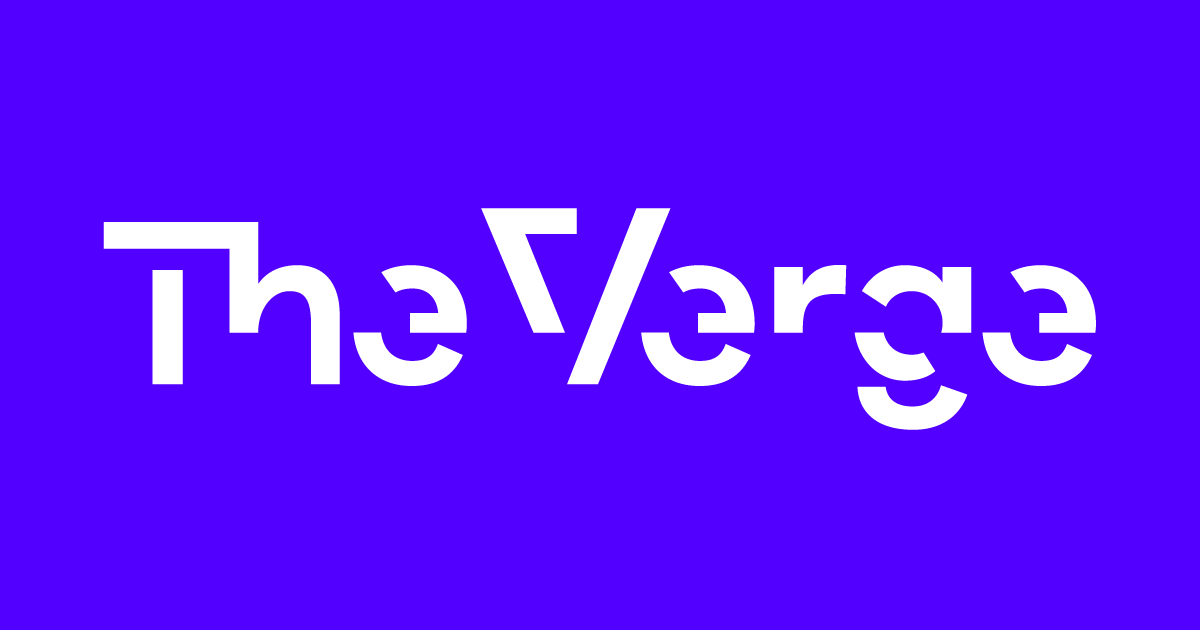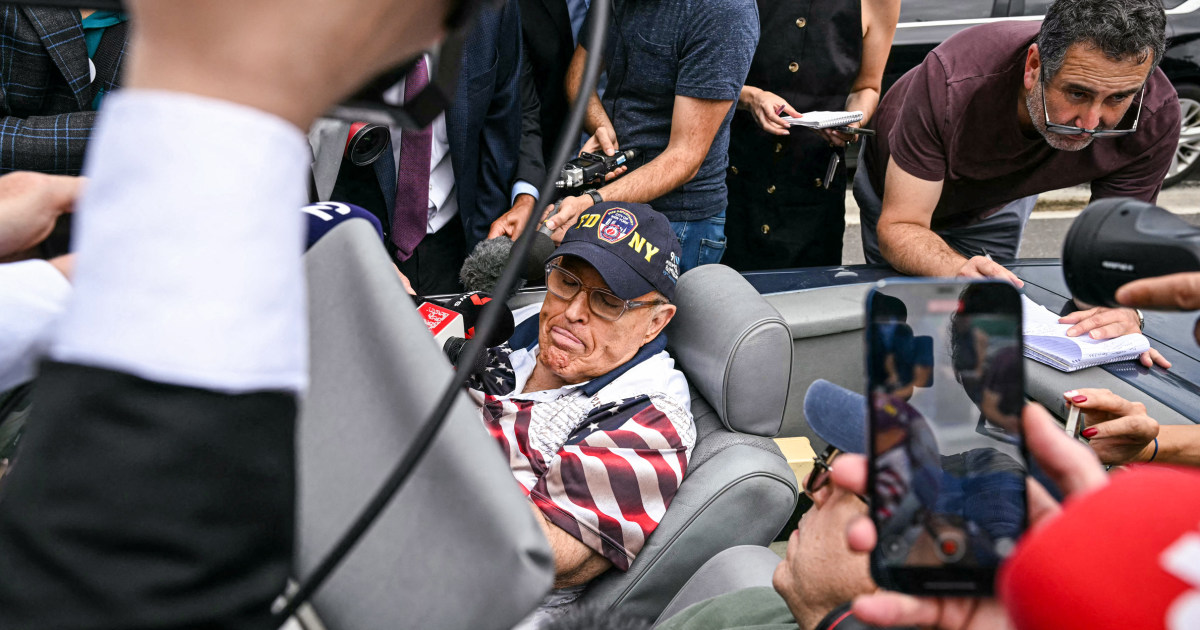With the 2024 presidential election just around the corner, many first-time voters are preparing to cast their ballots. However, some who are newly eligible to vote have chosen not to participate.
“I’m not voting,” said Rachel Gregory, a sophomore communication major at Southern Connecticut State University. “Mainly the reason is I’m not educated to know it well enough to vote.”
In the 2020 presidential election, 52.5% of 18-29 year olds voted, according to U.S. Census Bureau voter data outlined by the University of Florida’s Election Lab. It was a significant increase from the 2016 presidential election, when 43.4% of that age group voted.
While the young voter turnout rate increased in 2020, it was still less than other age groups. Voters 30-44 had a turnout rate of 64.4% and those who were 45-59 had a 72.9% turnout rate in 2020, according to the Election Lab data. The overall turnout in 2020 was 66.4%.
This time around while some students, like Gregory, say they simply do not know enough about the candidates or electoral process to feel comfortable participating in the elections, others say their reason for not voting lies in the candidates themselves, citing a dislike for both options.
“I’m not voting in the presidential election because I feel like both are pretty [bad] choices,” said Junior Laforest, a junior public health major at Southern.
Laforest added: “I don’t like the choices. If I knew more about Kamala, I might vote for Kamala.”
Connor Reardon, a senior political science major at Southern, agrees.
“I don’t think either candidate aligns with my principles or represents my interests,” said Reardon. “And I won’t legitimize candidates that don’t represent me by giving them my vote.”
Between the dissatisfaction with their choices and the lack of education surrounding the election and candidates, some young and first-time voters say they simply feel discouraged about the election entirely.

Lauren Nadeau, a sophomore nursing major at Southern, wishes there were more options than the two present candidates.
“I just feel like I wish we had better candidates. I’m not a Republican or a Democrat, so I feel like neither one of those suits me,” said Nadeau.
Laforest initially wanted to vote for independent candidate Robert F. Kennedy Jr. However, Kennedy dropped out and Laforest was left with no candidate he felt excited about voting for.
“The person I was going to vote for is no longer running,” said Laforest. “He started being with Trump and I was like, ‘I don’t like this.’ So I decided not to vote.”

















